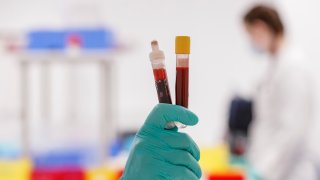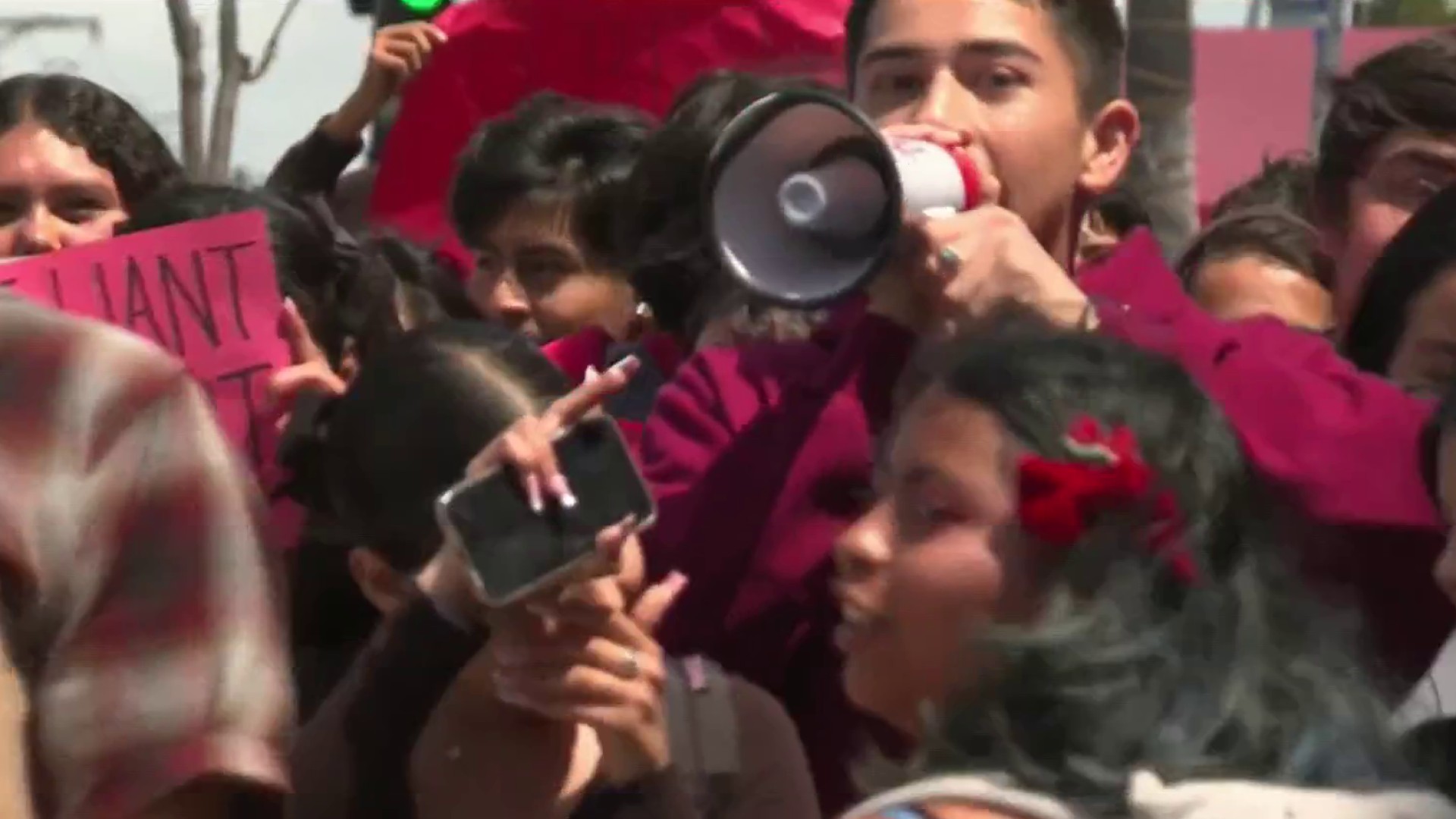
Health care professionals across the globe agree that widespread testing is an absolute necessity in attempting to figure out a plan for determining when areas infected by COVID-19 can start to return to a sense of normalcy.
In the United States the first nationwide coronavirus-related test is underway thanks to a lab that specializes in looking for performance-enhancing drugs in sports … Major League Baseball … and a San Diego-born doctor with an Australian accent.
“When (PED) testing programs slowed down we tried to look at how we could assist public health,” says Dr. Daniel Eichner, PhD., the President and Laboratory Director of the Sports Medicine Research & Testing Laboratory (SMRTL). “We saw there’s a gap in information in the true prevalence of COVID-19.”
The SMRTL needed quick access to a nationwide, culturally-diverse testing pool. It asked MLB to participate and got an immediate yes, with coast-to-coast access to more than 10,000 Major League Baseball employees from concessions workers to front office personnel.
“We are proud to support important scientific research to expand the understanding of the virus,” said MLB Commissioner Rob Manfred in a statement.
The SMRTL is not utilizing the test that detects the coronavirus currently in the system so this is not a way for ballplayers and coaches to undergo testing and get the MLB season started sooner and testing kits are not being taken from anyone in danger of contracting the disease. They’re using a pinprick blood test that looks for COVID-19-related antibodies in a person’s blood, information useful for a number of reasons.
One: it could reveal a more accurate picture of the number of people who have been infected.
Local
“We hypothesized there are people in the community are asymptomatic and passing it on without knowing it. We’re looking at the antibody response,” says Eichner.
Another benefit is developing potential treatments, including what’s known as “convalescent plasma therapy,” something that is already being attempted. The idea is to take plasma from those who have recently recovered from the coronavirus and infusing patients fighting the disease, hopefully increasing the ability to fight it off.
Eichner and the SMRTL are looking to see if those who were infected by the virus but never showed symptoms could offer the same benefit, dramatically increasing the potential for a vaccine. The research is encouraging but there are still many questions to be answered.
“If you have antibodies to a viral infection you have some kind of immunity to that viral infection in the future,” says Eichner. “There’s a log that still needs to be understood. Are you immune for 12 months? Five years? There is still a lot of studying to be done there.”
Eichner says the information from the baseball tests will be uploaded by the end of the week and studied over the weekend. The findings are expected to be ready be next week, an extraordinarily fast time frame for a study as far-reaching as this.
“We’ve done a lot of really good studies with MLB in the past and they’re nationwide so we could get access a lot faster than normal. We could not have done this in the normal educational environment because it would take too long. Months, maybe a year. We set this up in a few weeks. We could not have done this in the regular academic field this year.”
Eichner hopes the findings will help develop a better understanding of the pandemic and drive informed public health policies.
The Sports Medicine Research & Testing Laboratory works with multiple professional leagues, the World Anti-Doping Agency, as well as law enforcement entities to perform PED testing and research. It has the facilities to handle massive amounts of information in a study like this. However … nobody asked them to do it. They started on their own and with no financial motivation.
“The researchers we have involved with this study are world-renowned. There’s no ego involved and nobody is getting paid for it. This is a gap in knowledge that needs to be covered. It’s in no way going to benefit sport, it’s a way for sport to give back to the community. It’s just the right thing to do,” says Eichner.
By the way Dr. Eichner was born in San Diego but moved to his mother’s native Australia at the age of five. He returned to Chula Vista at the age of 18 to train with the U.S. Field Hockey team at the Olympic Training Center (as it was known at the time). His family still makes a vacation trip from Salt Lake City to San Diego every year.
He’d like to be able to do that again and perhaps this research will help speed that ability along.



